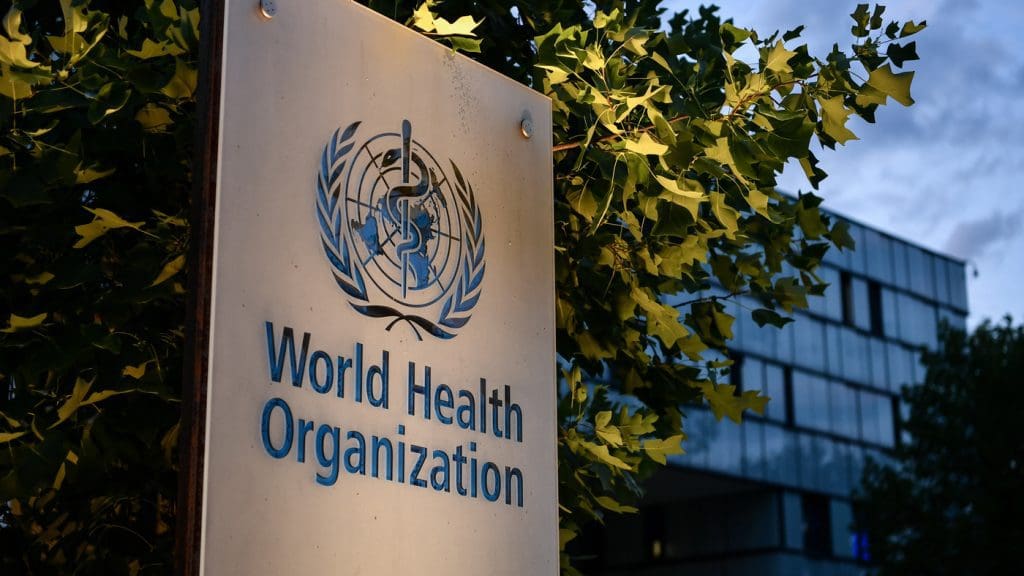
“Last week, there were more than 18 million reported cases,” reminded World Health Organisation’s chief Dr Tedros Adhanom Ghebreyesus on Tuesday in his opening remarks at the media briefing on COVID-19.
“The number of deaths remains stable for the moment but we are concerned about the impact Omicron is having on already exhausted health workers and overburdened health systems,” says Ghebreyesus. Chief again criticised the vaccine disparity that could lead to a severe situation.
“In some countries, cases seem to have peaked, which gives hope that the worst of this latest wave is done with, but no country is out of the woods yet.
I remain particularly concerned about many countries that have low vaccination rates, as people are many times more at risk of severe illness and death if they’re unvaccinated”.
Excerpts from his opening remarks:
Omicron may be less severe, on average of course, but the narrative that it is mild disease is misleading, hurts the overall response and costs more lives.
Make no mistake, Omicron is causing hospitalizations and deaths, and even the less severe cases are inundating health facilities.
The virus is circulating far too intensely with many still vulnerable.
For many countries, the next few weeks remain really critical for health workers and health systems.
I urge everyone to do their best to reduce the risk of infection so that you can help take pressure off the system.
Now is not the time to give up and wave the white flag.
We can still significantly reduce the impact of the current wave by sharing and using health tools effectively and implementing public health and social measures that we know work.
I am proud COVAX delivered its one-billionth dose over the weekend.
Of course, it’s not enough and we should do more.
At a time of Omicron, it remains more important than ever to get vaccines to the unvaccinated.
Vaccines may be less effective at preventing infection and transmission of Omicron than they were for previous variants, but they still are exceptionally good at preventing serious disease and death.
This is key to protecting hospitals from becoming overwhelmed.
We’ve been able to track new variants like Omicron and this virus’ evolution in real-time thanks to the efforts of thousands of scientists and experts around the world.
More than 7 million whole genome sequences from 180 countries have now been submitted to GISAID, which was initially set up to track flu.
This pandemic is nowhere near over and with the incredible growth of Omicron globally, new variants are likely to emerge, which is why tracking and assessment remain critical.
New formulations of vaccines are being developed and assessed for how they perform against Omicron and other strains.
I am concerned that unless we change the current model we’ll enter a second and even more destructive phase of vaccine inequity.
We need to make sure we share current vaccines equitably and develop distributed manufacturing around the world.
We can only beat this virus if we work together and share health tools equitably. It’s really that simple.



